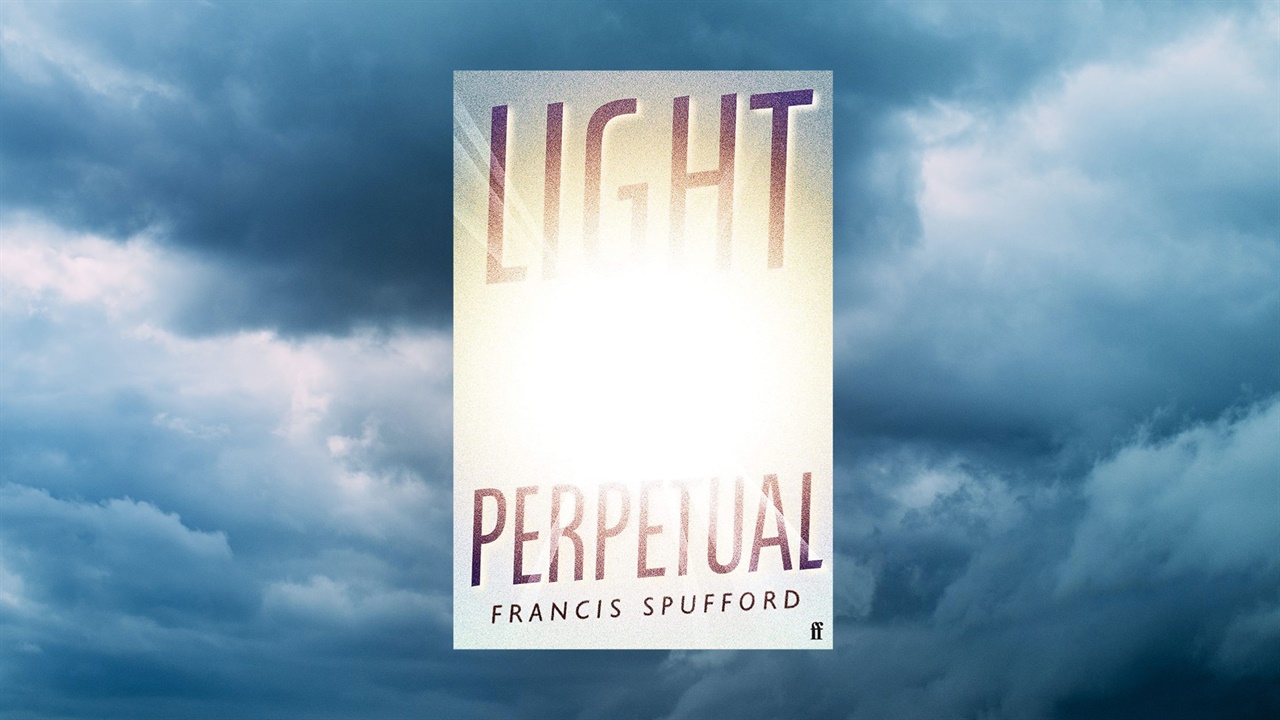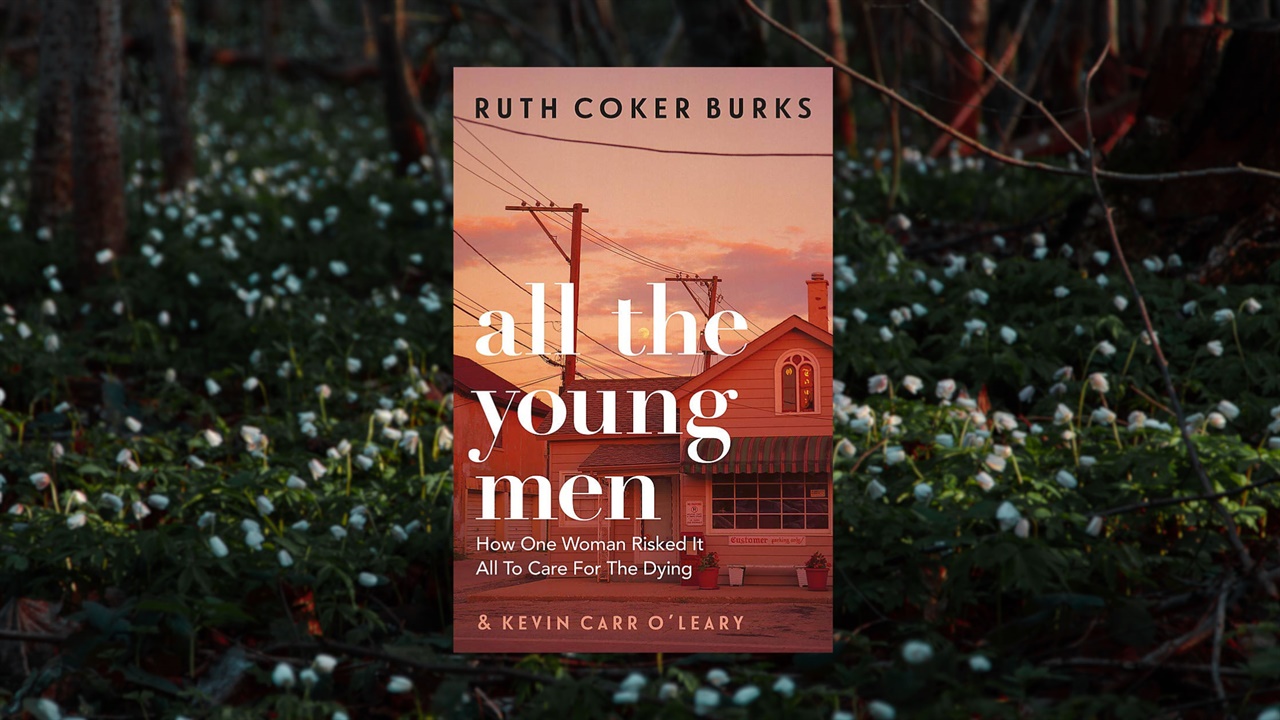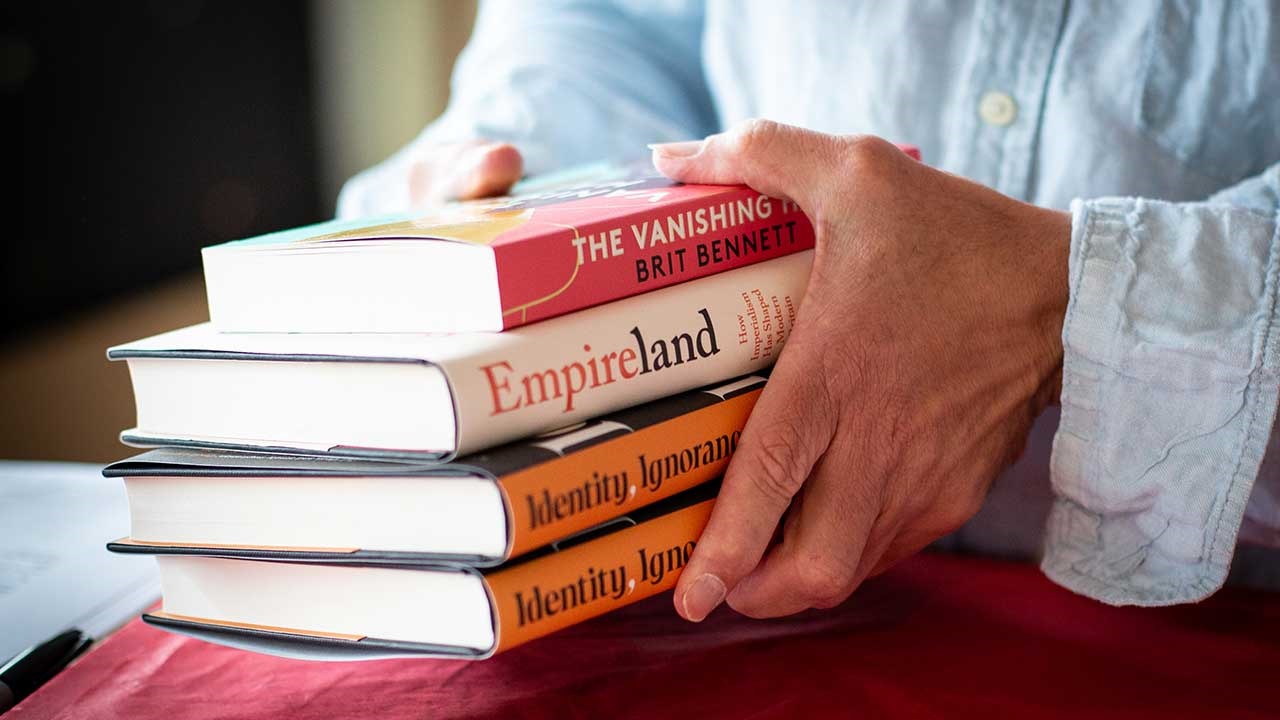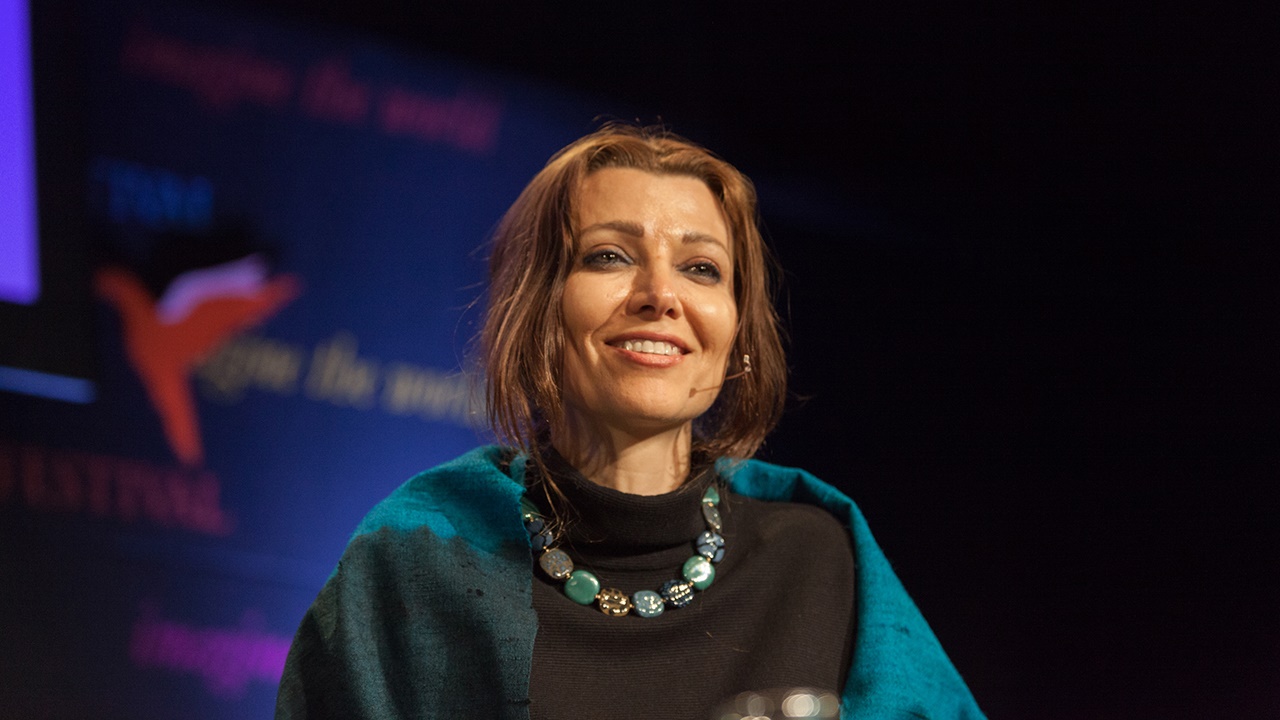This page contains archived content and is no longer updated
Book of the month 2021
Book of the year 2021 – Deborah Levy's Real Estate
After hundreds had their say, we're delighted to reveal our Hay Festival Book of the Year 2021 is... Real Estate by Deborah Levy.
"I began to wonder what myself and all unwritten and unseen women would possess in their property portfolios at the end of their lives. Literally, her physical property and possessions, and then everything else she valued, though it might not be valued by society. What might she claim, own, discard and bequeath? Or is she the real estate, owned by patriarchy? In this sense, Real Estate is a tricky business. We rent it and buy it, sell and inherit it - but we must also knock it down."The highly anticipated final instalment in Deborah Levy's critically acclaimed "Living Autobiography", Real Estate is an exhilarating, thought-provoking and boldly intimate meditation on home and the spectres that haunt it.
November 2021 – CHARLIE MACKESY's Y BACHGEN, Y WAHADDEN, Y LLWYNOG A'R CEFFYL, TRANSLATED BY MERERID HOPWOOD
A book of hope for uncertain times, Charlie Mackesy's The Boy, The Mole, The Fox and The Horse invites you to enter the world of his four unlikely friends, discovering their stories and their most important life lessons.
The boy, the mole, the fox and the horse have been shared millions of times online - perhaps you've seen them? They've also been recreated by children in schools and hung on hospital walls. They sometimes even appear on lamp posts and on cafe and bookshop windows. Perhaps you saw the boy and mole on the Comic Relief T-shirt, Love Wins?
Acclaimed poet and Hay Festival fellow Mererid Hopwood is the translator behind an extraordinary Welsh edition - Y Bachgen, y Wahadden, y Llwynog a’r Ceffyl - bringing its inspiring message to readers in Welsh for the first time.
About the author
Charlie Mackesy is an artist, illustrator and author who began his career as a cartoonist for The Spectator, before becoming a book illustrator for Oxford University Press. His award-winning work has featured in books, private collections, galleries and public spaces around the world. He worked with Richard Curtis on the set of Love Actually to create a set of drawings to be auctioned for Comic Relief, and with Nelson Mandela on a lithograph project, The Unity Series. His internationally bestselling book, The Boy, the Mole, the Fox and the Horse, was published in October 2019. Charlie's words and illustrations have brought comfort to many and have been shared online around the world as well as on t-shirts for Comic Relief, magazine covers, street lamp posts, school classrooms, cafés, women's safe houses, prisons, hospital wards and as NHS hospital computer screensavers. Away from art Charlie co-runs Mama Buci, a honey social enterprise in Zambia. He lives in London with his dog Barney.
Mererid Hopwood is one of Wales’ most celebrated poets with published works including Singing in Chains (2004), O Ran (2009), Poets' Graves/Beddau'r Beirdd (2014) and Nes Draw (2016); her books for children Ar Bwys (2007), Straeon o’r Mabinogi (2012) and Cyfres Dosbarth Miss Prydderch (2016–19); and her translations Seren Lowri (2005) and Geiriau Diflanedig (2019). She is a three-time Eisteddfod prize winner, has been Children's Laureate Wales, and was awarded the Glyndwr Prize for her contribution to literature. Her collection Nes Draw won the poetry section of the Welsh language Book of the Year Awards 2016 and won the Tir na n-Og prize for children’s writing in 2018. Writing mainly in Welsh, Hopwood has degrees in Spanish and German language and literature and has taught throughout her career. She is the Cymrawd Rhyngwladol Cymru Greadigol Hay Festival/Hay Festival Creative Wales International Fellow for 2020–2021.
October 2021 – RICHARD POWERS' Bewilderment
Theo Byrne is a promising young astrobiologist who has found a way to search for life on other planets dozens of light years away. He is also the widowed father of a most unusual nine-year-old. His son Robin is funny, loving, and filled with plans. He thinks and feels deeply, adores animals, and can spend hours painting elaborate pictures. He is also on the verge of being expelled from third grade, for smashing his friend's face with a metal thermos.
What can a father do, when the only solution offered to his rare and troubled boy is to put him on psychoactive drugs? What can he say when his boy comes to him wanting an explanation for a world that is clearly in love with its own destruction? The only thing for it is to take the boy to other planets, while all the while fostering his son's desperate campaign to help save this one.
Longlisted for the Booker Prize 2021, Bewilderment is the latest novel from Richard Powers. His last book, The Overstory, was an international sensation, winning the Pulitzer Prize for Fiction.
About the author
Richard Powers has published thirteen novels. He is a MacArthur Fellow and received the National Book Award. His most recent book, The Overstory, won the Pulitzer Prize for Fiction and was shortlisted for the Booker Prize. He lives in the Great Smoky Mountains.
September 2021 – ELIF SHAFAK's THE ISLAND OF MISSING TREES
"A brilliant novel -- one that rings with Shafak's characteristic compassion for the overlooked and the under-loved, for those whom history has exiled, excluded or separated. I know it will move many readers around the world, as it moved me" - Robert Macfarlane.
In The Island of Missing Trees, prizewinning author Elif Shafak brings us a rich, magical tale of belonging and identity, love and trauma, memory and amnesia, human-induced destruction of nature, and, finally, renewal.
It is 1974 on the island of Cyprus. Two teenagers, from opposite sides of a divided land, meet at a tavern in the city they both call home. The tavern is the only place that Kostas, who is Greek and Christian, and Defne, who is Turkish and Muslim, can meet, in secret, hidden beneath the blackened beams from which hang garlands of garlic, chilli peppers and wild herbs. This is where one can find the best food in town, the best music, the best wine. But there is something else to the place: it makes one forget, even if for just a few hours, the world outside and its immoderate sorrows.
In the centre of the tavern, growing through a cavity in the roof, is a fig tree. This tree will witness their hushed, happy meetings, their silent, surreptitious departures; and the tree will be there when the war breaks out, when the capital is reduced to rubble, when the teenagers vanish and break apart.
Decades later in north London, sixteen-year-old Ada Kazantzakis has never visited the island where her parents were born. Desperate for answers, she seeks to untangle years of secrets, separation and silence. The only connection she has to the land of her ancestors is a Ficus Carica growing in the back garden of their home.
About the author
Elif Shafak is an award-winning British-Turkish novelist whose work has been translated into 54 languages. The author of 19 books, 12 of which are novels, she is a bestselling author in many countries around the world. Shafak's last novel 10 Minutes 38 Seconds in this Strange World was shortlisted for the Booker Prize and RSL Ondaatje Prize; longlisted for the Dublin Literary Award; and chosen as Blackwell's Book of the Year. Her previous novel, The Forty Rules of Love was chosen by the BBC as one of 100 Novels That Shaped Our World. In 2021, Shafak's The Architect's Apprentice was chosen for the Duchess of Cornwall's inaugural book club, The Reading Room. Find out more about Elif Shafak on her website: www.elifshafak.com.
August 2021 – LEÏLA SLIMANI's THE COUNTRY OF OTHERS
The world of men is just like the world of botany. In the end, one species dominates another. One day, the orange will win out over the lemon, or vice versa, and the tree will once again produce fruit that people can eat...
The bestselling author of Lullaby and Adele returns with a novel about a woman in an interracial marriage whose fierce desire for autonomy parallels her adopted country’s fight for independence.
Alsace, 1944. Mathilde finds herself falling deeply in love with Amine Belhaj, a Moroccan soldier billeted in her town fighting for the French. After the Liberation, Mathilde leaves her country to follow her new husband to Morocco. But life here is unrecognisable to this brave and passionate young woman. Suffocated by the heat of the Moroccan climate, by her loneliness on the farm, by the mistrust she inspires as a foreigner and by their lack of money, Mathilde grows restless.
As violence broods and Morocco's own struggle for independence grows daily, Mathilde and Amine's refusal to take sides sees them and their family at odds with their own desire for freedom. How can Mathilde - a woman whose life is dominated by the decisions of men - hold her family together in a world that is being torn apart?
About the author
Leïla Slimani is the first Moroccan woman to win France’s most prestigious literary prize, the Prix Goncourt, which she won for Lullaby. A journalist and frequent commentator on women’s and human rights, she is French president Emmanuel Macron’s personal representative for the promotion of the French language and culture. Slimani represented France in the Hay Festival Europa28 project last year. Born in Rabat, Morocco, in 1981, she lives in Paris with her French husband and their two young children.
July 2021 – SUZANNE O'SULLIVAN's THE SLEEPING BEAUTIES
Sleeping sickness, strange behaviour and mass hysteria... In The Sleeping Beauties, neurologist Suzanne O'Sullivan explores 'psychosomatic illnesses', travelling the world collecting fascinating stories of culture-bound syndromes.Inspired by a poignant encounter with the sleeping refugee children of Sweden, the Wellcome Book Prize-winning writer visits other communities who have also been subject to outbreaks of so-called ‘mystery’ illnesses. From a derelict post-Soviet mining town in Kazakhstan, to the Mosquito Coast of Nicaragua via an oil town in Texas, to the heart of the Maria Mountains in Colombia, O’Sullivan hears remarkable stories from a fascinating array of people, and attempts to unravel their complex meaning while asking the question: who gets to define what is and what isn’t an illness?
Reminiscent of the work of Oliver Sacks, Stephen Grosz and Henry Marsh, The Sleeping Beauties is a moving and unforgettable scientific investigation with a very human face.
About the author
Dr Suzanne O’Sullivan has been a consultant in neurology since 2004, first working at The Royal London Hospital and now as a consultant in clinical neurophysiology and neurology at The National Hospital for Neurology and Neurosurgery, and for a specialist unit based at the Epilepsy Society. She specialises in the investigation of complex epilepsy and also has an active interest in psychogenic disorders. Suzanne’s first book It's All in Your Head, won both the Wellcome Book Prize and the Royal Society of Biology Book Prize and her critically acclaimed Brainstorm was published in 2018.
June 2021 - Jordan Ellenberg's Shape
From the Sunday Times bestselling author of How Not to Be Wrong, comes a hugely entertaining exploration of the geometry that underlies our world. In Shape, Jordan Ellenberg reveals the geometry underneath some of the most important scientific, political, and philosophical problems we face, from the spread of coronavirus to rise of machine learning. The word 'geometry,' from the Greek, means 'measuring the world.' But geometry doesn't just measure the world - it explains it.
How should a democracy choose its representatives? How can you stop a pandemic from sweeping the world? How do computers learn to play chess? Can ancient Greek proportions predict the stock market? (Sorry, no.) What should your kids learn in school if they really want to learn to think? The answers to all these questions can be found in geometry. Shape shows us how.
"Shape is a triumph of mathematical exposition, exposing profound truths - from the nature of distance to the predictability of randomness - as well as profound mistakes - from historical misattributions to Supreme Court justice hardheadedness - with eloquence and hilarious wit. Ellenberg's evident affection for both his subject and his reader makes us feel like the lucky ones who get to hear him hold forth in an intimate setting about his favorite subject, mathematics" - Cathy O'Neil.
About the author
Jordan Ellenberg is Professor of Mathematics at the University of Wisconsin, and the Sunday Times-bestselling author of How Not to Be Wrong, as well as an award-winning novel, The Grasshopper King. He has lectured around the world on his research in number theory, and writes regularly for The New York Times, Washington Post and Wired.
May 2021 – Sunjeev Sahota's China Room
"A stunning novel, I'm blown away by it. I was gripped from the first page to the last" - Tessa Hadley.
A multigenerational novel of love, oppression, trauma and the pursuit of freedom, inspired in part by the author's own family history, China Room twines together the stories of a woman and a man separated by more than half a century but united by blood.
Mehar, a young bride in rural 1929 Punjab, is trying to discover the identity of her new husband. She and her sisters-in-law, married to three brothers in a single ceremony, spend their days hard at work in the family's 'china room', sequestered from contact with the men. When Mehar develops a theory as to which of them is hers, a passion is ignited that will put more than one life at risk.
Spiralling around Mehar's story is that of a young man who in 1999 travels from England to the now-deserted farm, its 'china room' locked and barred. In enforced flight from the traumas of his adolescence - his experiences of addiction, racism, and estrangement from the culture of his birth - he spends a summer in painful contemplation and recovery, before finally finding the strength to return home.
About the author
Sunjeev Sahota is the author of Ours Are the Streets and The Year of the Runaways, which was shortlisted for the 2015 Man Booker Prize, the International Dylan Thomas Prize and the Sunday Times Young Writer of the Year Award, and won the Encore Prize, the European Union Prize for Literature, and the South Bank Sky Arts Award. He was chosen as one of Granta's Best Young British Novelists in 2013. He lives in Sheffield.
April 2021 – BENJAMIN MYERS' Male Tears
"Moving fast and deadly, the stories in Male Tears carry us from bleak farms to lonely reservoirs and snowbound woods. Benjamin Myers writes sentences with a charging pulse and the account they give of masculinity is a bloody one, stripped of romance and larded with wit” – Chris Power.
From the acclaimed author of bestseller The Offing comes a debut collection of short stories investigating modern masculinity in all its many and varied forms. Bringing together over fifteen years of work, Benjamin Myers lays bare the male psyche in all its fragility, complexity and failure, its hubris and forbidden tenderness. Farmers, fairground workers and wandering pilgrims, gruesome gamekeepers, bare-knuckle boxers and ex-cons with secret passions, the men that populate these unsettling, wild and wistful stories form a multi-faceted, era-spanning portrait of just what it means to be a man.
About the author
Benjamin Myers was born in Durham and lives in Hebden Bridge, West Yorkshire. His novels include, The Offing , The Gallows Pole (2017 Bluemoose, 2019 Bloomsbury) which won the Walter Scott Prize. Beastings (2014 Bluemoose, 2019 Bloomsbury) won The Portico Prize and the Northern Writers’ Award. Pig Iron (2012 Bluemoose, 2019 Bloomsbury) won the inaugural Gordon Burn Prize. Richard (Picador 2010) was a bestseller and a Sunday Times book of the year. The term folk crime, was coined to describe his titles; Turning Blue and These Darkening Days, both orginally with Moth but forthcoming with Bloomsbury Raven. His novella Snorri and Frosti will be published as part of a new collection of his short stories with Bloomsbury, entitled Male Tears. He has received the Tom Gallon Prize for his short fiction. Poetry collections include The Raven of Jorvikshire and Heathcliff Adrift. His journalism has appeared in publications including, the New Statesman, the Guardian, NME, BBC, Caught by the River and others.
MARCH 2021 – MINOUCHE SHAFIK's WHAT WE OWE EACH OTHER
"A necessary contribution at a turning-point in history. Minouche Shafik maps out the great challenges of our time and inspires us to rise to them. Her book is a must-read for policymakers - as well as anyone interested in making the world a better place" - Ursula von der Leyen, President of the European Commission.
The social contract shapes everything: our political institutions, legal systems and material conditions, but also the organisation of family and community, our well-being, relationships and life prospects. And yet everywhere, the social contract is failing.
Accelerating changes in technology, demography and climate will reshape our world in ways many of us have yet to grasp. In this landmark study, Minouche Shafik, Director of the London School of Economics, draws on evidence from across the globe to identify the key principles every society must adopt if it is to meet the challenges of the coming century, with profound implications for gender equality, education, healthcare provision, the role of business and the future of work.
How should society pool risks, share resources and balance individual with collective responsibility? Brilliantly lucid and accessible, What We Owe Each Other offers new answers to these age-old questions and equips every reader to understand and play their part in the urgent and necessary transformation ahead.
About the author
Nemat (Minouche) Shafik is the Director of the London School of Economics and Political Science. Born in Egypt, she emigrated as a child to the USA, later moving to the UK for post-graduate studies in economics. At 36, she became the youngest ever Vice President of the World Bank and has since held positions as Permanent Secretary of the UK's Department for International Development, Deputy Managing Director of the International Monetary Fund and as Deputy Governor of the Bank of England. In these roles she has worked on major policy upheavals across the globe, from the fall of the Berlin Wall, to the Arab Spring, to the financial crash in 2008 and the Eurozone crisis. Following her appointment as Director of the LSE in 2017, she launched a programme of research, 'Beveridge 2.0', to rethink the welfare state for the 21st century. She was made a Dame in the Queen's Birthday Honours list in 2015 and in 2020 was appointed a cross-bench peer in the House of Lords.
FEBRUARY 2021 – Francis Spufford's Light Perpetual
From the winner of the Costa First Novel Award, the RSL Ondaatje Prize and the Desmond Elliott Prize comes a novel of the everyday, the miraculous and the everlasting.
November 1944. A German rocket incinerates a South London household-goods store, and five young lives are atomised in an instant. Jo and Valerie and Alec and Ben and Vernon are gone. But what if it were possible to resurrect them – to let them experience the extraordinary, unimaginable changes of the twentieth century; to live out all the personal triumphs and disasters, the second chances and redemptions denied them?
Ingenious and profound, both sweeping and intimate, full of warmth and beauty. It has you turning the final page with a renewed and enriched appreciation for the gift of life.
About the author
Francis Spufford is the author of five highly-praised works of non-fiction, most frequently described by reviewers as either ‘bizarre’ or ‘brilliant’, and usually as both. His debut novel Golden Hill won the Costa First Novel Award, the RSL Ondaatje Prize, the Desmond Elliott Prize, and was shortlisted for the Walter Scott Prize for Historical Fiction, the Rathbones Folio Prize, the Authors’ Club Best First Novel Award and the British Book Awards Debut Novel of the Year. In 2007 he was elected a Fellow of the Royal Society of Literature. He teaches writing at Goldsmiths College, University of London, and lives near Cambridge.
JANUARY 2021 – RUTH COKER BURKS' ALL THE YOUNG MEN
"If I have one message with this book it’s that we all have to care for one another. Today, not just in 1986. I learned more about life from the dying than I ever learned from the living."
A gripping and triumphant tale of human compassion, All the Young Men is the true story of a young, single mother who finds herself driven to the forefront of the AIDS crisis and who risks everything to give victims back their humanity. In 1986, 26-year-old Ruth Corker Burks visited a friend in hospital when she noticed that the door to one of the patient’s rooms was painted red. The nurses were reluctant to enter, drawing straws to decide who will tend to the sick person inside. Out of impulse, Ruth herself entered the quarantined space and begins to care for the young man who cries for his mother in the last moments of his life. And in doing so, Ruth’s own life changes forever.
Ruth goes from being an ordinary young mother in Hot Springs, Arkansas, to an accidental activist, the only person willing to help the young men afflicted by the growing AIDS crisis in her deeply conservative community. She buries those who have been rejected by their families on her own land. She defies doctors to store rare medication for her most urgent patients, and emboldened by the weight of their collective pain and the deep friendships she has forged, she fervently advocates for their safety and visibility, ultimately advising Governor Bill Clinton on the national AIDS crisis. In doing so, she becomes a beacon of hope to an otherwise spurned group of ailing gay men on the fringes of society.
About the author
Ruth is an advocate for the LGBTQ community and has been honoured as an Unsung Hero by the Human Rights Campaign, the World AIDS Museum in Fort Lauderdale, the Gay Men’s Chorus of Florida and the National AIDS Memorial. She currently resides in Northwest Arkansas.
About Hay Festival's Book of the Month
Hay Festival's Book of the Month is our monthly recommendation of a title we love and think holds particular resonance today. This is our chance to celebrate great works of fiction, non-fiction and poetry – new and old.
Throughout the month, we'll share interesting links and articles relating to our selection on social media using #HBOTM and invite you all to get involved with your questions and comments.
If you'd like to recommend a book for consideration, please share on social media using #HBOTM.
Happy reading!

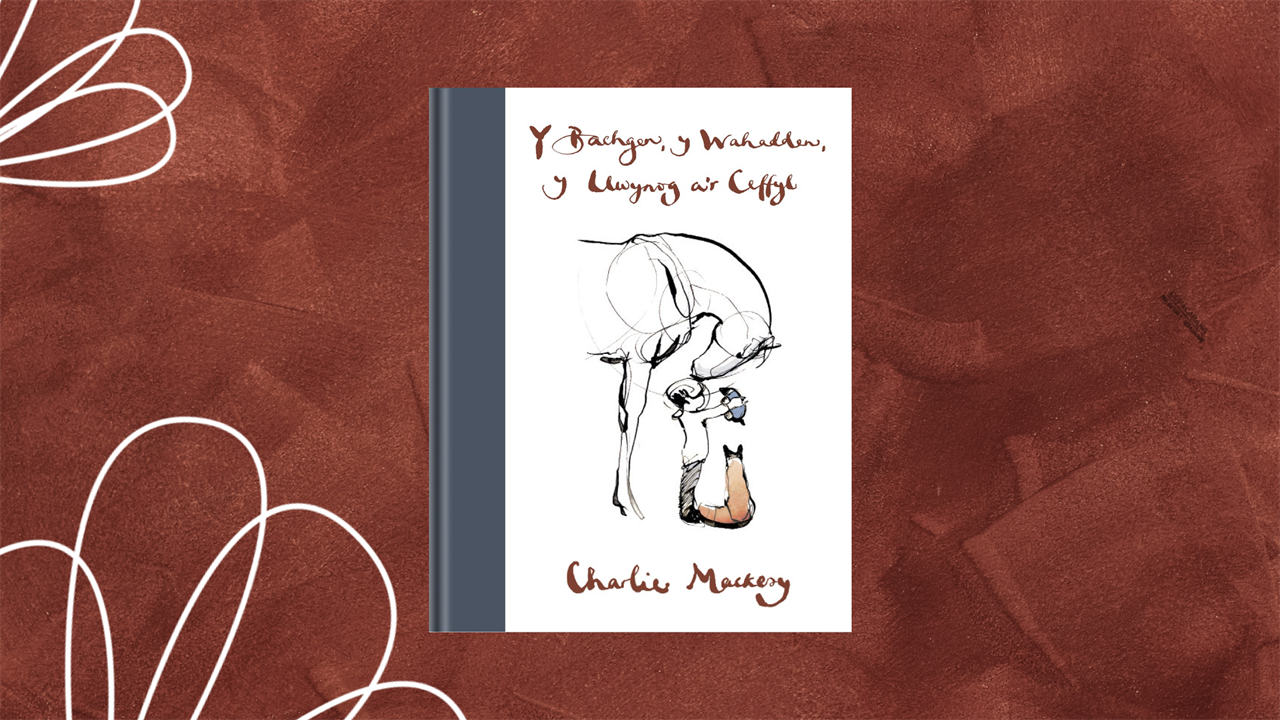
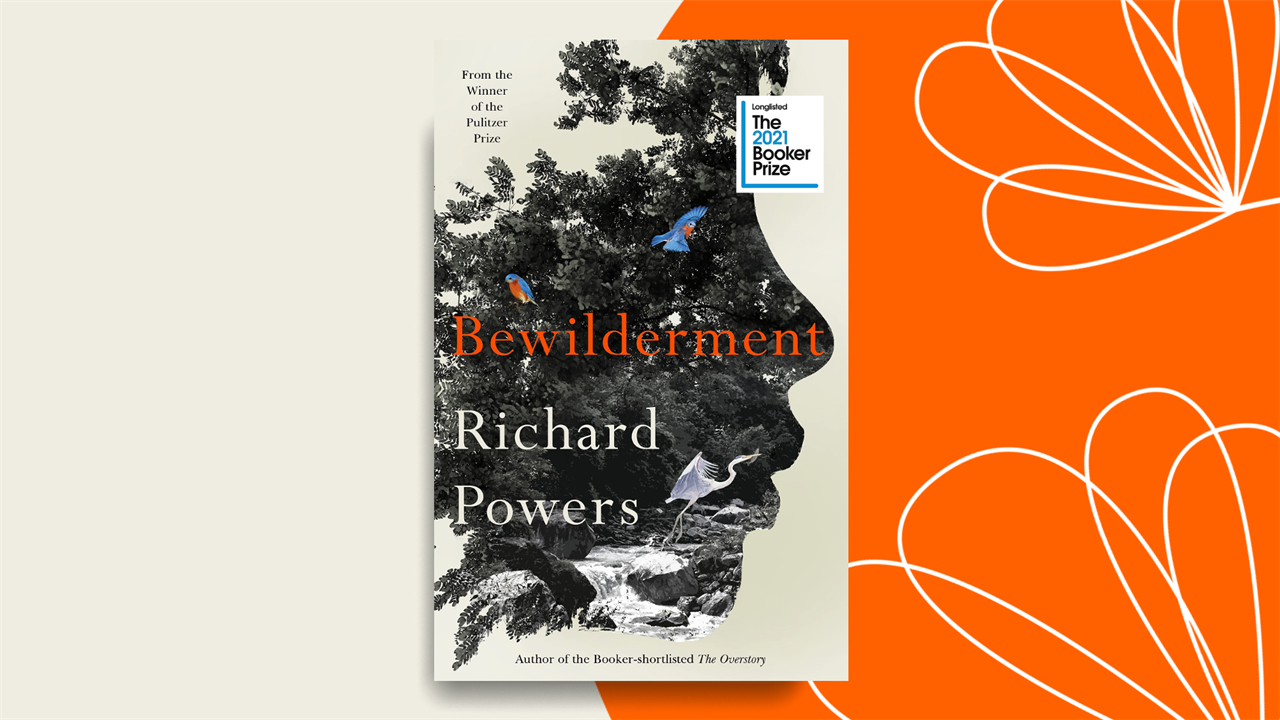
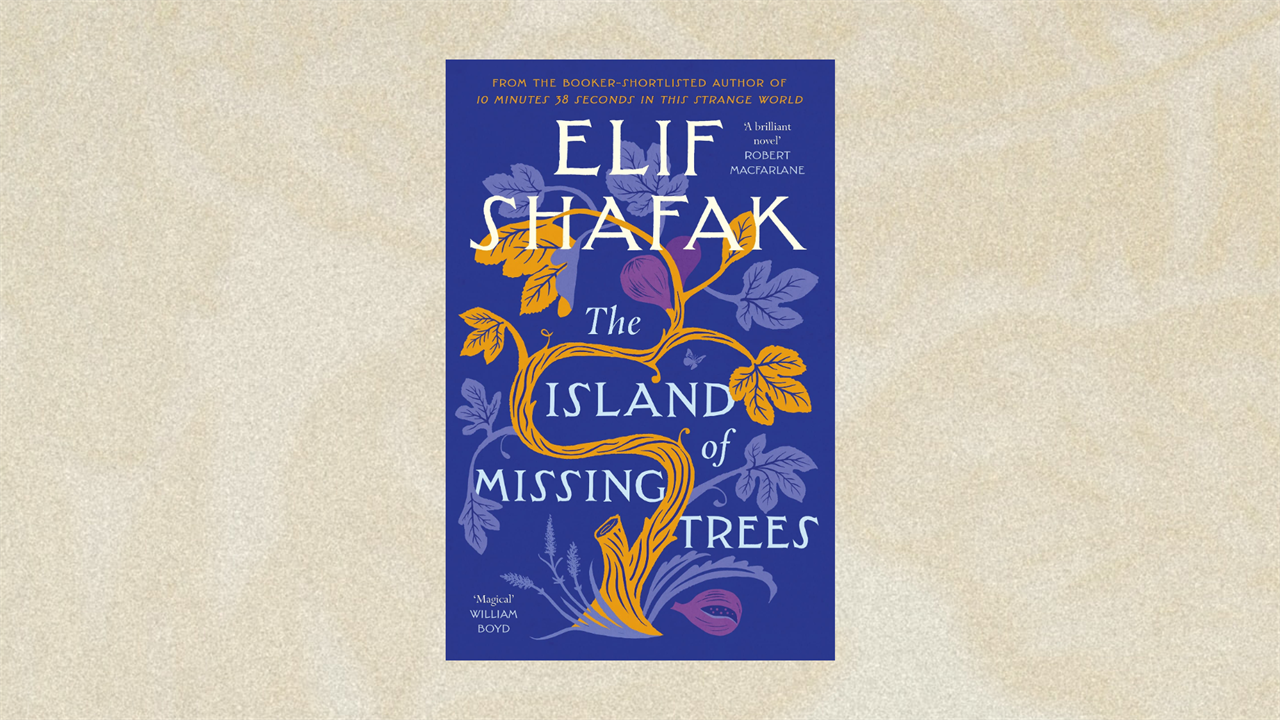
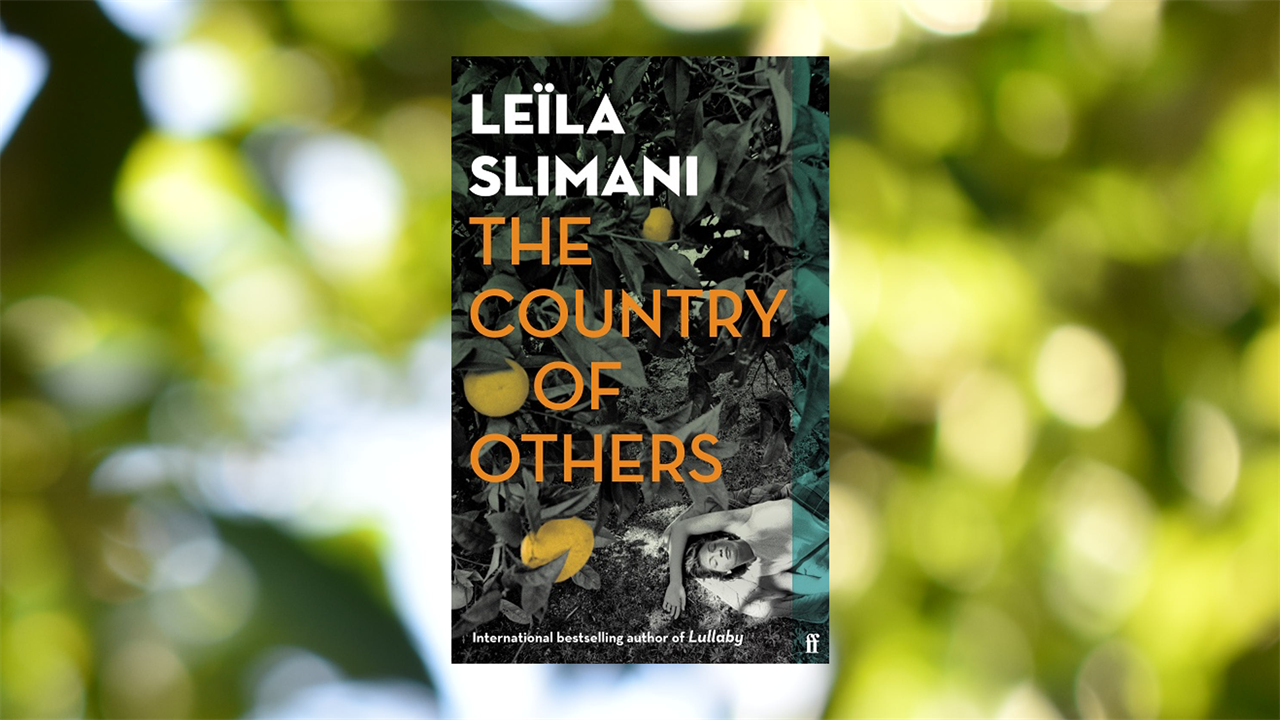
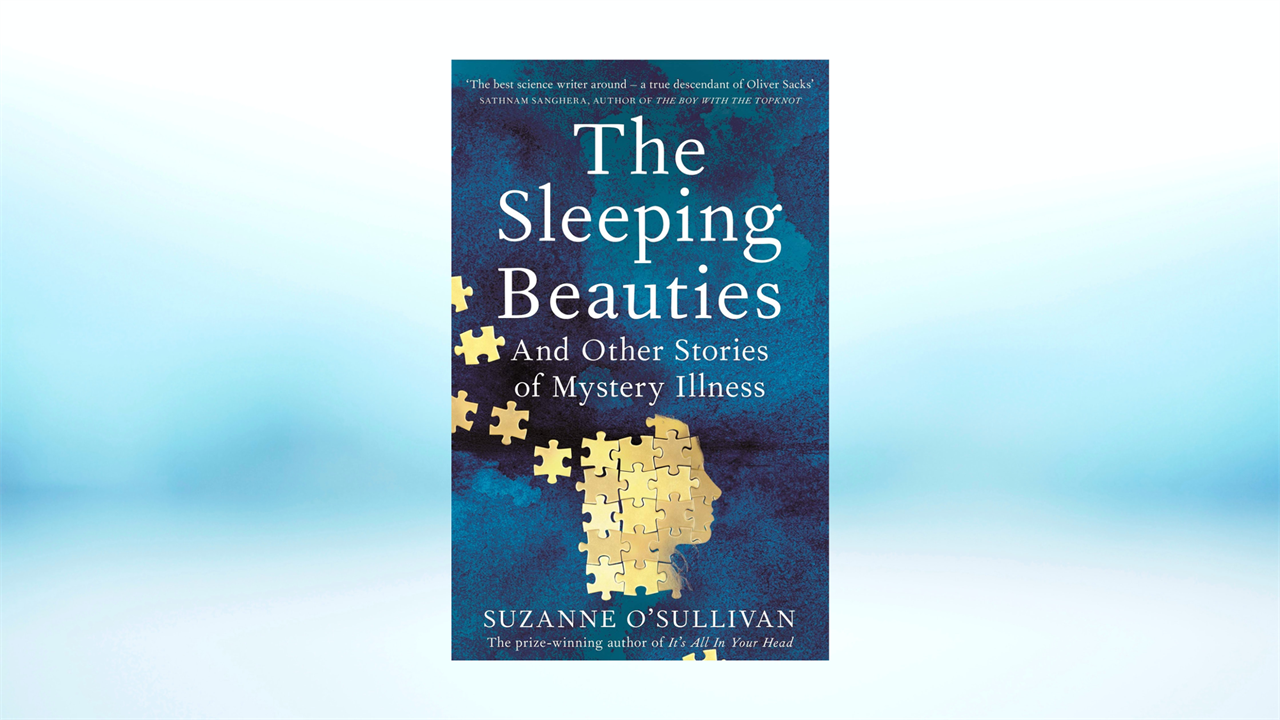
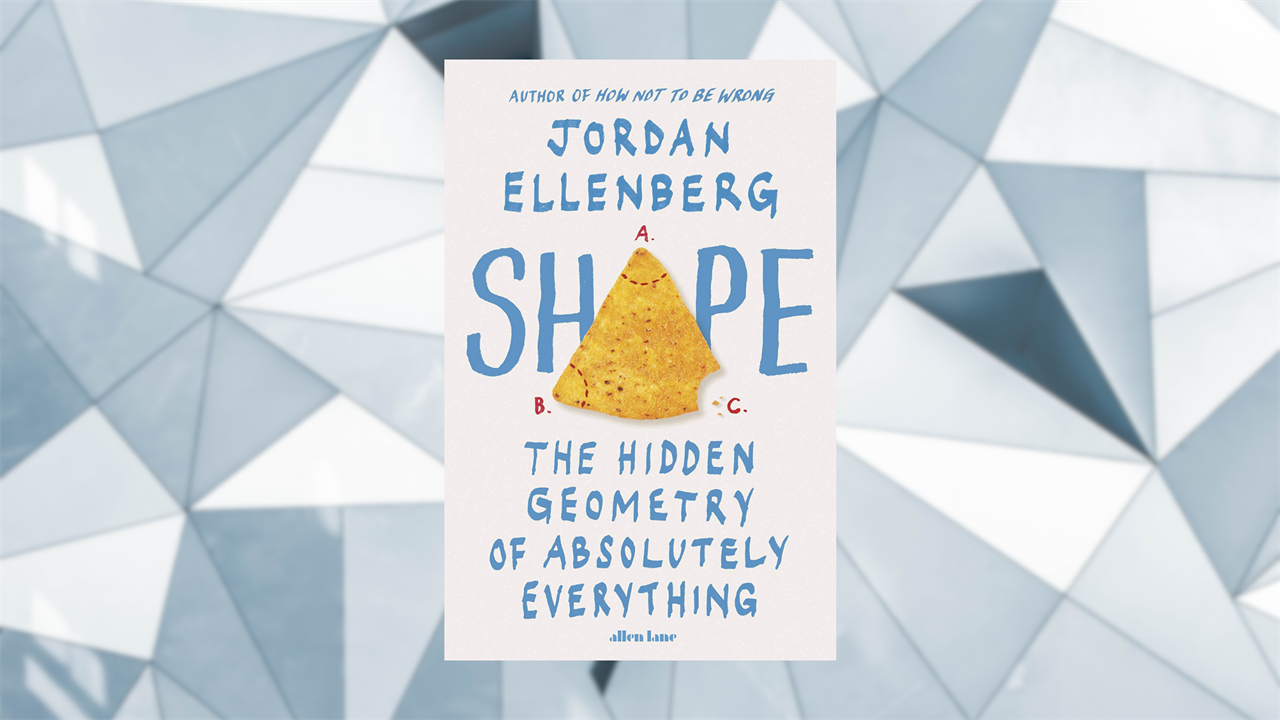
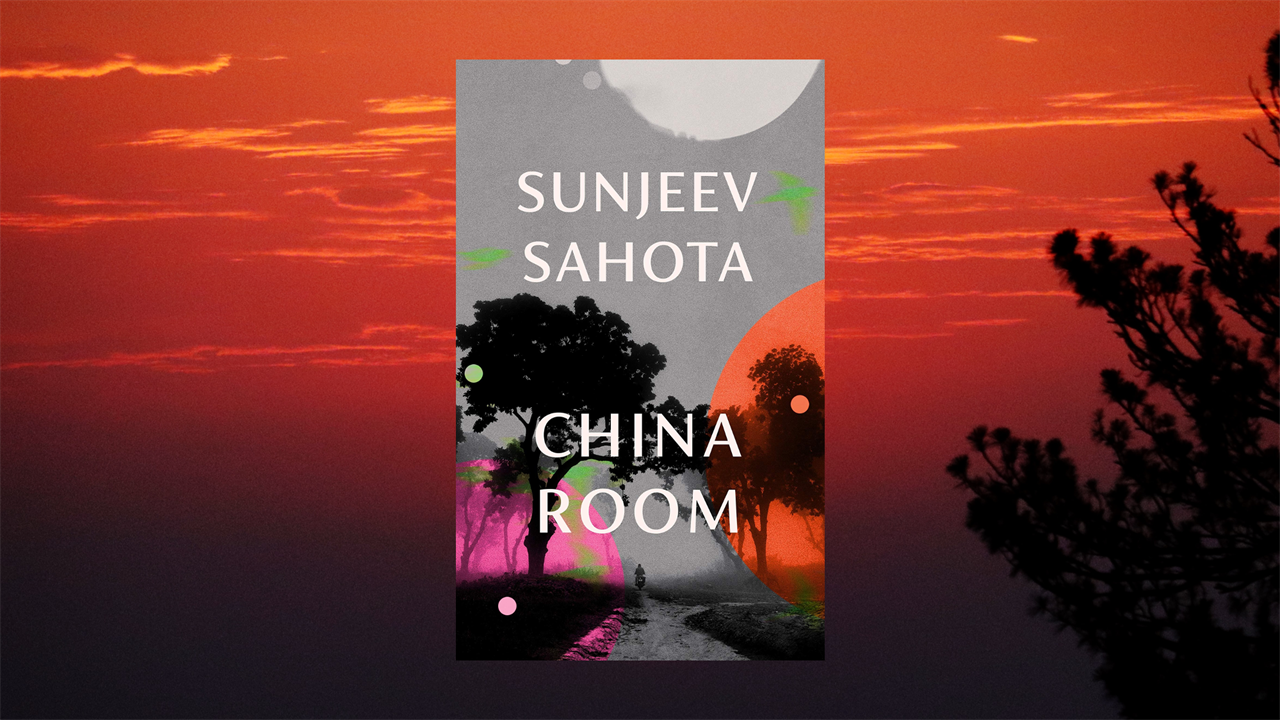
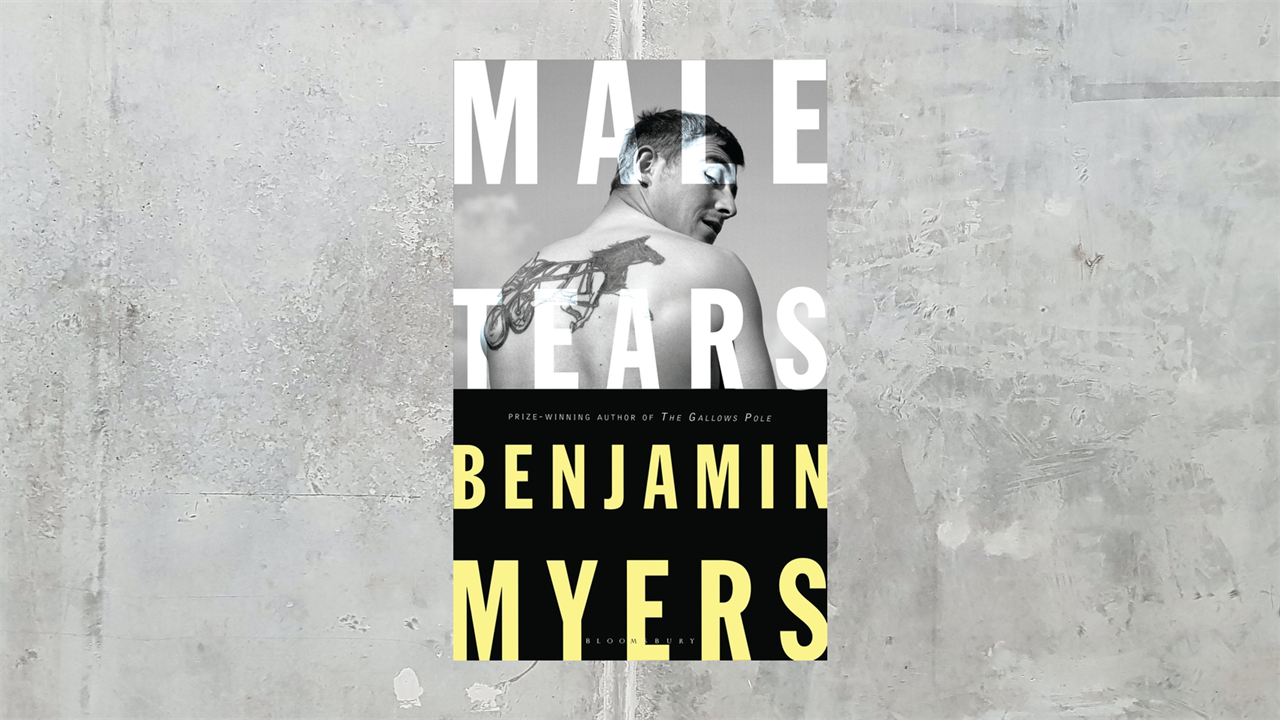
.png?cmsotimagehandler=/Uploads/Crops/f248ce8f-8ab8-48e2-9905-98d7936629e4/05308ab9-8d04-40b1-b093-9c306ddb16f9.png)
